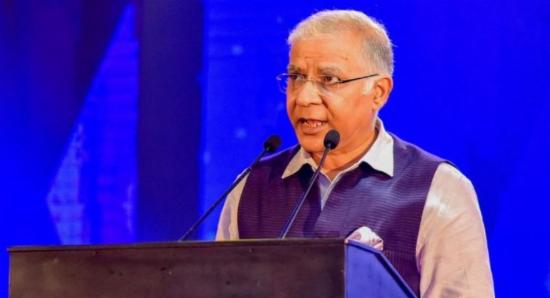.webp)

Sri Lanka's Reconciliation: Progress on Safety, Security, but Economic Disparity Lingers - CPA
COLOMBO (News 1st) - A recent survey by the Centre for Policy Alternatives (CPA) paints a mixed picture of Sri Lanka's reconciliation process, 15 years after the civil war's end.
On the positive side, a massive 70% across ethnicities report feeling safe in their daily lives, religious practices, and economic activities.
Education has also seen significant improvement, with access increasing for all groups.
Additionally, a strong majority, around 80%, believe different ethnicities and religions can coexist peacefully.
This optimism is particularly strong among those who were young adults during the war.
However, the survey also reveals concerning trends. 45% of Sri Lankans, particularly Tamils, feel economic opportunities have declined compared to the pre-war period.
There's a widespread perception of unequal access to economic opportunities based on ethnicity.
Furthermore, a significant portion of Sri Lankans express skepticism towards their national political and religious leaders, with many doubting their commitment to achieving lasting peace.
These findings suggest that Sri Lanka's reconciliation process has made strides in creating a safer and more secure environment, improving access to education, and fostering a belief in peaceful coexistence.
However, addressing economic disparity and building trust in leadership are crucial steps to ensure a truly reconciled Sri Lanka.
Other Articles
Featured News





.png )






























.gif)